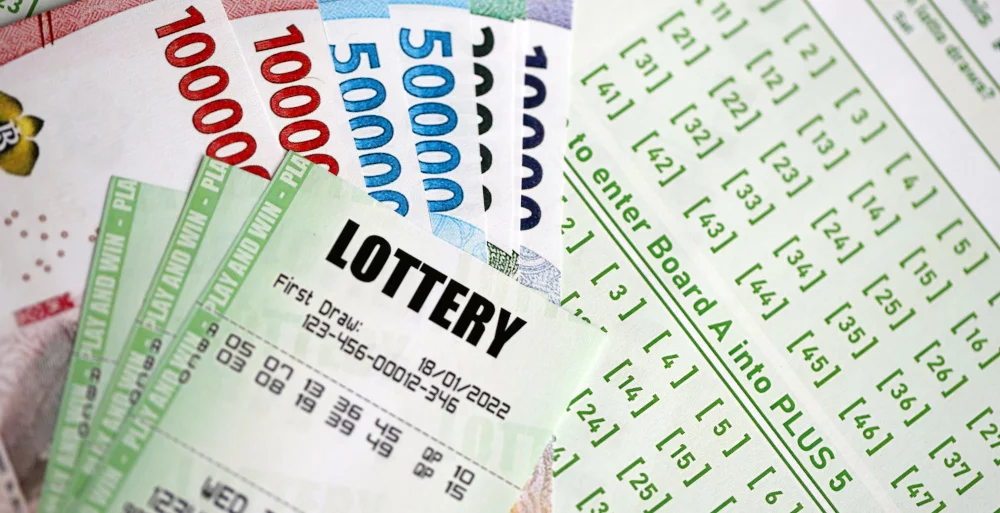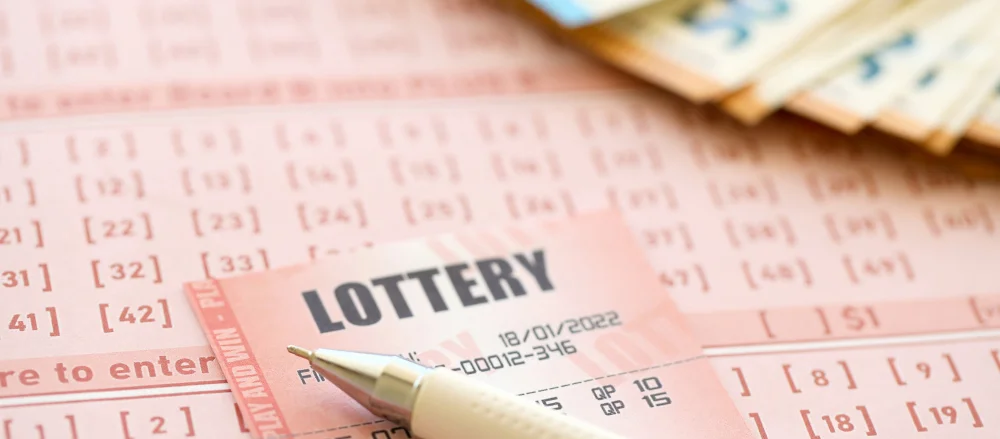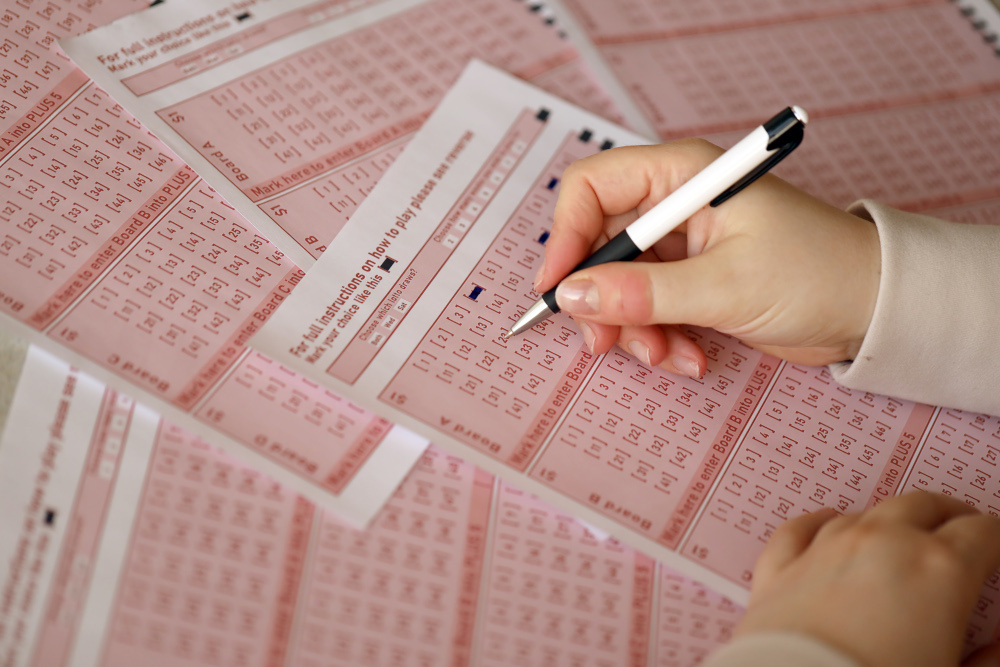
Across continents and cultures, the lottery continues to fascinate, excite, and change lives. Whether it’s a billion-dollar jackpot in the United States, a government-supported welfare draw in India, or a luxury-themed prize in Dubai, the lottery reflects far more than just numbers, it reveals deep cultural values, economic contexts, and national attitudes toward luck and wealth.
Lotteries aren’t created equal, each has unique features, some offer astronomical jackpots with equally astronomical odds, while others operate with more modest prize pools but significantly better chances of winning. This global comparison explores some of the world’s most prominent lotteries, examining what sets them apart and what makes each of them appealing in their own way.
United States, Powerball and Mega Millions
The United States is home to two of the world’s most iconic lotteries, Powerball and Mega Millions. These mega-jackpot games attract global headlines due to the staggering amounts of money up for grabs.
- Powerball launched in 1992 and is currently played across 45 states, the District of Columbia, and two U.S. territories. The starting jackpot is $20 million, but it often climbs into the hundreds of millions, or even billions, thanks to rollovers. Its highest-ever jackpot was a world-record-breaking $2.04 billion in November 2022.
- Mega Millions, introduced in 1996, functions similarly and often rivals Powerball in size. It made headlines in July 2022 when a single ticket in Illinois won a $1.337 billion jackpot.
Despite the appeal of these eye-watering prizes, the odds are astronomical. Powerball offers a 1 in 292.2 million chance to hit the jackpot, while Mega Millions sits at 1 in 302.5 million. These games are about dreaming big, knowing the odds are minuscule but the payoff potentially life-altering.
Both lotteries contribute billions to state education and infrastructure programs annually, making them major pillars of public funding as well as sources of entertainment.
Europe, EuroMillions
Europe’s premier multinational lottery, EuroMillions, is played across nine countries, Austria, Belgium, France, Ireland, Luxembourg, Portugal, Spain, Switzerland, and the United Kingdom. Since its launch in 2004, it has gained a reputation for offering consistent, sizable jackpots with the added appeal of cross-border participation.
Players select five main numbers and two “Lucky Stars.” The jackpot starts at €17 million and can climb to a cap of €250 million, as seen in a 2023 draw.
Unlike the American model, EuroMillions includes supplementary games like the UK Millionaire Maker, which guarantees a £1 million prize in every draw for a lucky UK player. This increases player engagement and adds a layer of national pride to an otherwise continental contest.
The odds of winning the main jackpot are 1 in 139.8 million, better than U.S. lotteries, but still daunting. However, EuroMillions features 13 prize tiers, allowing for smaller wins with much better odds.
Australia, Oz Lotto
Down under, the Oz Lotto reigns supreme. This national lottery offers Australians a chance at impressive jackpots, while operating under a structure that makes winning slightly more accessible.
Players choose seven numbers out of 47, and the game includes multiple prize divisions. The odds of winning the top prize are around 1 in 45 million, significantly better than Powerball or EuroMillions.
In June 2025, a Victorian man made headlines by scooping a record $70 million, the largest single lottery win in the state’s history. Australian lotteries tend to have smaller but more frequent winners, with strong consumer protections and transparent government regulation.
Interestingly, Australia has a very well-regulated gambling market, and its lotteries are often viewed as responsible, family-friendly fun rather than high-stakes gambling.
India, Kerala State Lottery
India’s most celebrated and enduring lottery is the Kerala State Lottery, established in 1967. It operates under a completely different ethos: rather than massive jackpots or private operators, Kerala’s lottery system is run by the state government, with all proceeds funnelled back into public welfare.
The draws occur daily, with weekly and seasonal bumper lotteries offering top prizes of several million rupees. Tickets are affordable, and winners often come from lower-income backgrounds, turning modest wins into truly transformative events.
More than just a game, the Kerala Lottery is seen as a social tool. It funds education, healthcare, and housing schemes, especially for the underprivileged. Over 35,000 people are employed by the scheme, and ticket sellers often include pensioners, differently-abled individuals, and women’s self-help groups.
In a country where gambling is often frowned upon, Kerala’s approach shows how lotteries can coexist with social responsibility.
United Arab Emirates, Dubai Duty-Free Millennium Millionaire
In the glitzy backdrop of Dubai’s international airport, one of the world’s most unique lotteries is quietly changing lives. The Millennium Millionaire draw, part of the Dubai Duty-Free campaign, offers a $1 million prize in every draw, without any of the complex number-picking associated with traditional lotteries.
The ticket pool is limited to 5,000 entries per draw, giving participants odds of 1 in 5,000, extraordinarily high by global standards.
In a remarkable twist of fate, a man from Kerala, India won this jackpot twice within a decade, defying odds that seem almost cosmic. The limited ticket approach, the luxury branding, and the high-value prize make this lottery feel more like an exclusive club than a public draw.
Dubai also offers luxury car and motorbike raffles, often featuring brands like Bentley, Ferrari, and Harley-Davidson, appealing to both international travellers and residents.
 Comparative Insights
Comparative Insights
Odds and Accessibility
U.S. lotteries boast the world’s biggest jackpots but with the slimmest odds. EuroMillions offers better odds and a more diverse prize structure. Australian lotteries strike a balance with solid prize tiers and government oversight. Kerala’s lottery is deeply integrated into daily life and welfare, while Dubai’s lottery offers premium prizes with incredible odds, though with a higher ticket price and exclusivity.
Cultural Impact
Lotteries reflect local values. In India, Kerala’s model is grounded in social equity. In the UAE, the lottery mirrors Dubai’s luxury ethos. In Europe and the U.S., lotteries are recreational but also contribute to public funds. Australia’s culture of regulated gambling ensures that players enjoy the experience responsibly.
Regulatory Models
Kerala’s state-run model contrasts with the privately operated or semi-private systems in the U.S. and Europe. Government oversight is stronger in Australia and India, while the UAE’s model relies on retail partnerships. All have different structures, but transparency and accountability remain crucial to public trust.
The lottery is more than just a game, it’s a global cultural phenomenon. While the numbers may differ and the prize structures vary, the human desire to test fate and hope for transformation is universal. From billion-dollar jackpots in America to welfare-driven draws in India, lotteries reflect who we are as societies, our dreams, our systems, and our values.
Whether you’re buying a ticket at your local convenience store or entering an elite Dubai raffle, understanding the nuances of each lottery can enhance the experience. After all, while luck may be random, how each country chooses to structure and use its lottery revenue is a matter of deliberate design, and that makes all the difference.









